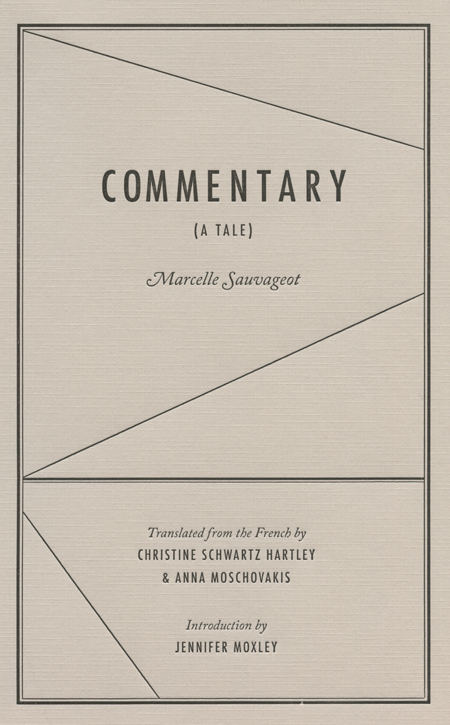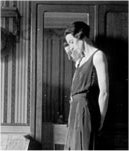A woman travels on a train from Paris to a sanatorium to be treated for tuberculosis. She is regretting leaving behind her lover; she doubts him. When she arrives she receives a letter: He is leaving her and marrying another woman. She ruthlessly studies their love, its exaltation, and the seeds of its destruction that always resided in her invisibility to him:
Wherever I was, you were within me. You placed yourself in the way of my feelings. They were sad because you weren’t there. I tried to preserve them in all their detail, to be able to bring them to you almost raw. Did you never sense the passion I put into trying to bring them to life for you? I thought about keeping you with me all the time so you could feel what I felt, so that nothing of my experience would occur in your absence: the glint of the sun in my eyes, the posture of my body in a dance … And I became impatient if I felt myself flourishing when you weren’t there […] I searched for words intense enough to make you taste my joy and give you the desire to come with me. But you quickly stopped listening to me and took on a somber look.
A literature teacher and friend to artists and poets in Paris, Marcelle Sauvageot died at the age of thirty-three in a sanatorium in Davos in January, 1934. She had written a single work, called alternatively Laissez-moi and Commentaire, in the form of a letter to a departing lover. It is was published obscurely after her death, but was admired by her circle of surrealist friends and has since been rediscovered in France for its clarity, passion, emotional precision, and spirit of indominable vitality: the speaker will not pity herself, will not regard her life as anything but a quest to be pursued on her own terms to the highest ends. It was recently released by Ugly Duckling Presse in Christine Schwartz Hartley and Anna Moschavakis’s translation.
Read more in Little Star Weekly
Read Monica Carter in Three Percent, on why Commentary: A Tale should receive this year’s Best Translated Book Award (with apologies for borrowing her present tense).
Christine Schwartz Hartley is a an art, architecture, and design writer and former editor of Art + Auction. Anna Moschovakis is is the author of two books of poems, I Have Not Been Able to Get Through to Everyone and You and Three Others Are Approaching a Lake (winner of the James Laughlin Award). She has translated the work of Michaux, Gauthier, Cendrars, Cossery, Ernaux, and Simenon.

